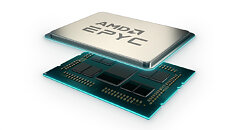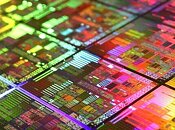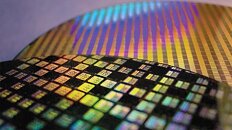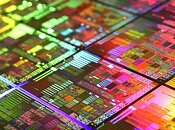MICLEDI Microdisplays Raises Series A Funding to Advance Best-in-Class microLED Display Design and Manufacturing
MICLEDI Microdisplays today announced a first closing of its Series A funding round with participation from imec.xpand, PMV, imec, KBC and SFPIM demonstrating strong support for the company's value proposition and commercial and technological progress achieved in the seed round. Series A follows a significant seed round award and additional non-dilutive funding in the form of grants and other vehicles from VLAIO. This brings the company's total funding to date to nearly $30 million.
"The company's achievements during this seed round have been astounding," said Sean Lord, CEO of MICLEDI. "Our door is open to engagements with some of the world's largest and most innovative electronic product manufacturing companies, most of whom are working on their own internal development projects for augmented reality (AR) displays in such diverse use cases as smart-wearable devices and automotive HUDs. This level of total funding to date is almost unheard of for a four-year-old startup."
"The company's achievements during this seed round have been astounding," said Sean Lord, CEO of MICLEDI. "Our door is open to engagements with some of the world's largest and most innovative electronic product manufacturing companies, most of whom are working on their own internal development projects for augmented reality (AR) displays in such diverse use cases as smart-wearable devices and automotive HUDs. This level of total funding to date is almost unheard of for a four-year-old startup."






























